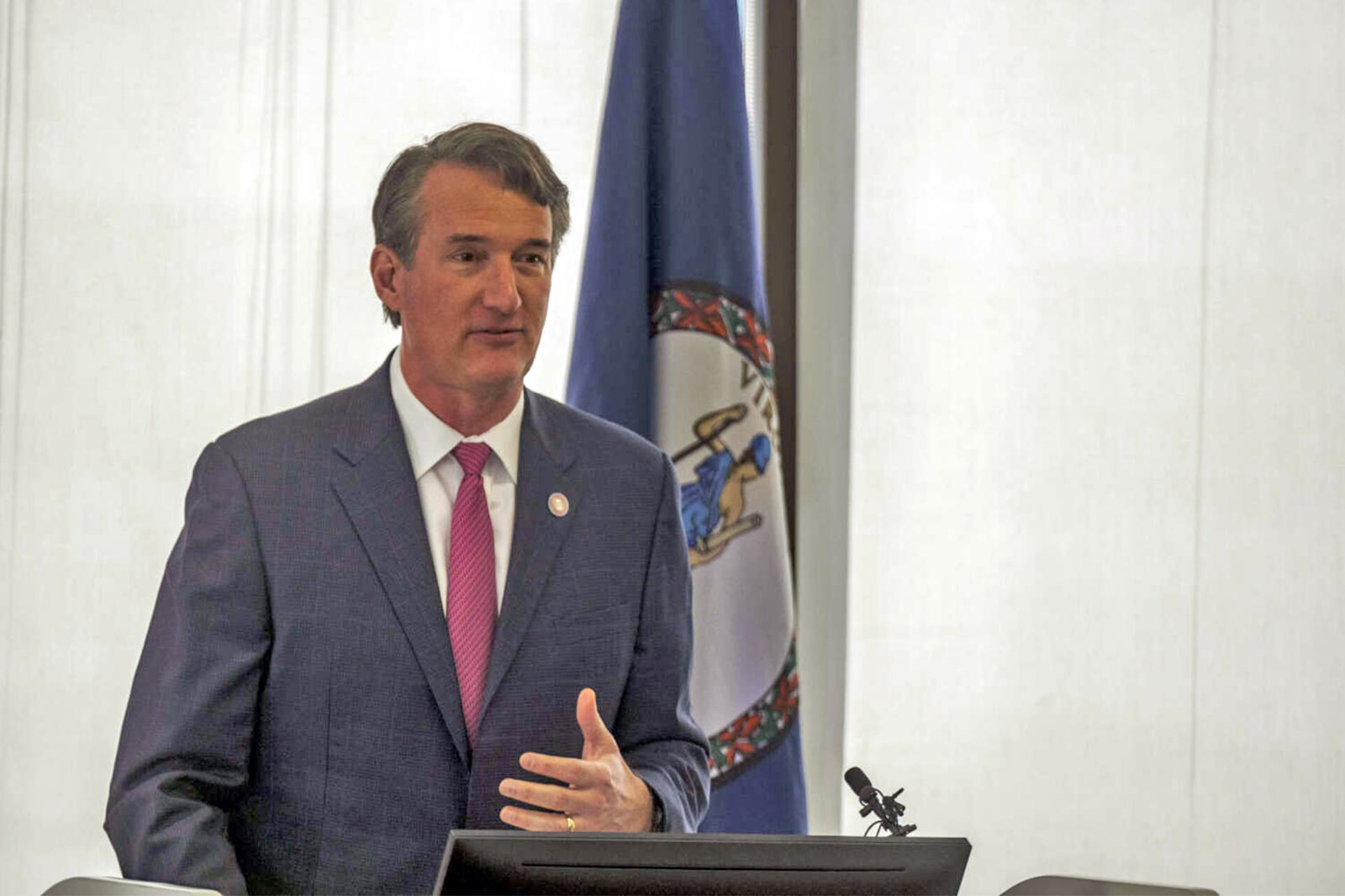
Two key pieces of legislation backed by one of Arlington’s state senators got the ax in Richmond last week.
Gov. Glenn Youngkin (R) on Thursday vetoed bills that would have legalized the sale of retail marijuana in Virginia and raised the state’s minimum wage. State Sen. Adam Ebbin (D), who represents part of Arlington and Fairfax County as well as Alexandria, co-sponsored both bills.
He told ARLnow that he is “disappointed but not surprised” and sees no reason to believe Youngkin will change his mind in future years.
“We need a Democratic governor to sign these bills,” the senator said.
The minimum wage bill would have boosted Virginia’s minimum wage from $12 an hour to $15 an hour by 2026. Youngkin argued in a veto statement that striking down the increase protects small businesses in parts of Virginia outside of the D.C. suburbs.
“The free market for salaries and wages works,” the governor said. “It operates dynamically, responding to the nuances of varying economic conditions and regional differences. This wage mandate imperils market freedom and economic competitiveness.”
A minimum wage increase “may not impact Northern Virginia, where economic conditions create a higher cost of living,” Youngkin added.
Sens. Jennifer Boysko and Saddam Salim, who represent parts of Fairfax County, were among several Democrats to throw their weight behind this bill in addition to Ebbin. They called Youngkin’s veto a loss for lower-income people everywhere in the state.
“I find Governor Youngkin’s decision to veto the minimum wage increase deeply disappointing and detrimental to the well-being of workers and struggling families across Virginia,” said Salim, who also represents Fairfax City and Falls Church. “Our current minimum wage is not a living wage, particularly here in Northern Virginia.”
Boysko, for her part, blamed Virginia’s workforce shortage on low wages. She argued that the current minimum wage forces many people to “scrounge for benefits” from the state and nonprofits.
“Many businesses are not paying a living wage,” Boysko said. “If employers cannot figure out how they would live on what they pay their employees, we have an economic problem and a moral problem.”
As for the marijuana bill, Youngkin pointed to adverse health effects associated with the substance. He argued that cannabis should have at least as many protections as drugs such as opioids.
“Attempting to rectify the error of decriminalizing marijuana by establishing a safe and regulated marketplace is an unachievable goal,” he said. “The more prudent approach would be to revisit the issue of discrepancies in enforcement, not compounding the risks and endangering Virginians’ health and safety with greater market availability.”
Ebbin and Sen. Aaron Rouse (D), who introduced the cannabis legislation, are among several panelists scheduled to speak at an Arlington Committee of 100 program on Wednesday, April 10 about the future of marijuana in Arlington. Rouse said the Virginia General Assembly “meticulously crafted” the cannabis bill over three years with safety in mind.
“This veto blocks a pivotal opportunity to advance public health, safety, and justice in our Commonwealth,” Rouse said in a press release. “By dismissing this legislation, the Governor is ignoring the will of the people and the extensive efforts of lawmakers to bring about a responsible and regulated approach to cannabis.”
Ebbin argued that marijuana is less harmful than alcohol and that preventing its legal sale only encourages people to turn to illegal sources.
“It’s an adult choice that some adults make, and we don’t need a black market,” he said.
Ebbin said both of Youngkin’s vetoes are out of touch with modern life.
“The governor doesn’t seem to recognize the realities of people living in the 21st century,” he said.

